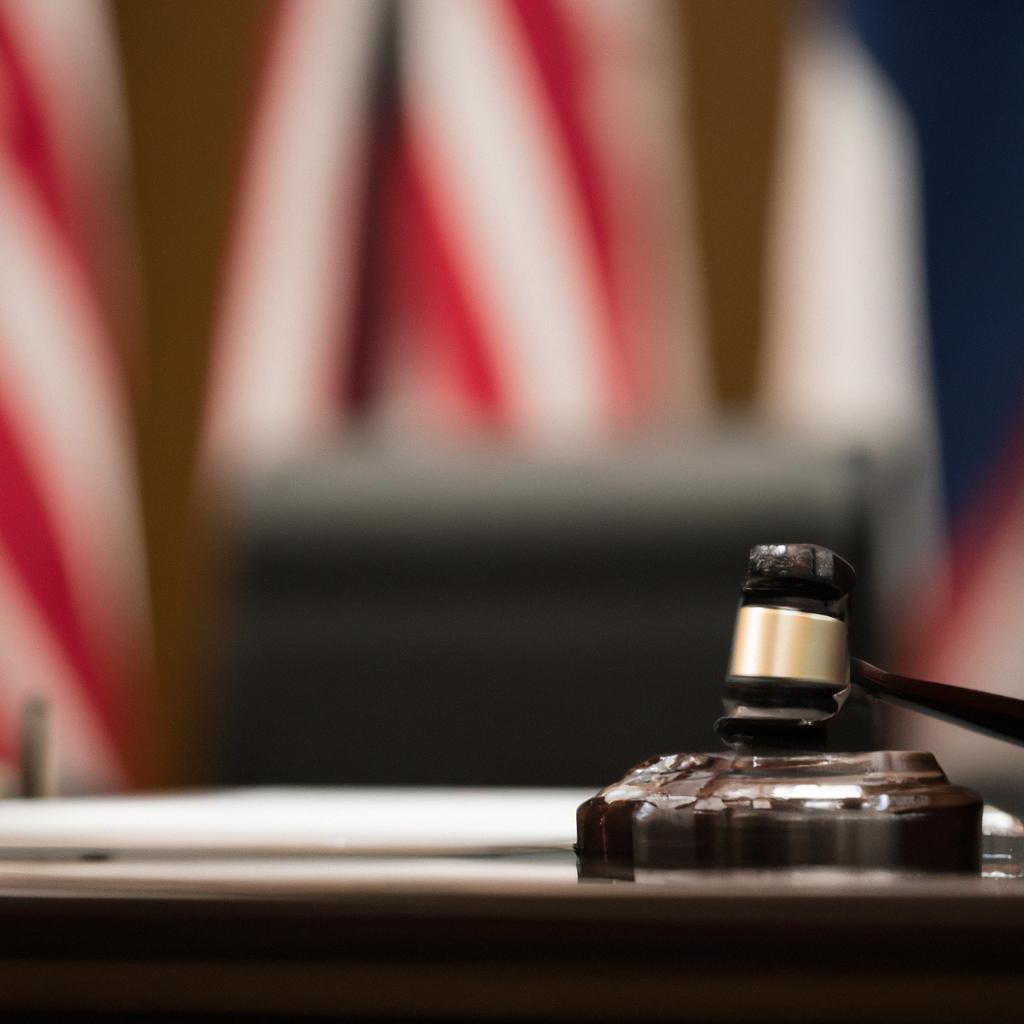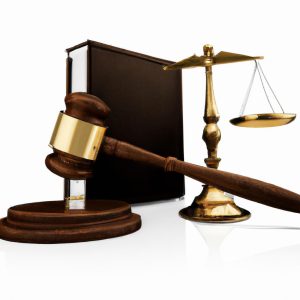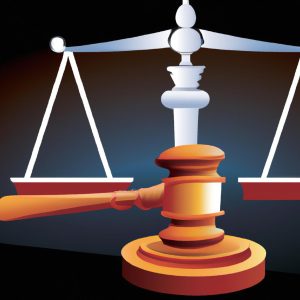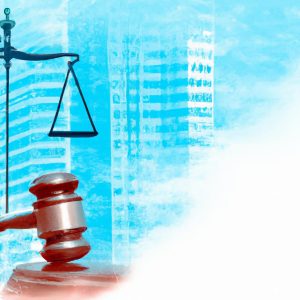In the complex realm of estate planning, certain scenarios require prudent consideration and meticulous attention to detail. One such circumstance involves the management of home insurance for an unoccupied house owned by a deceased individual. When faced with the daunting task of navigating this intricate legal landscape, it is imperative to seek the guidance of seasoned professionals who possess a wealth of experience in the field. At Morgan Legal Group, located in the heart of New York City, our expert team specializes in estate planning, probate, elder law, Wills, and trusts. Let us guide you through the complexities of insuring an unoccupied property belonging to a deceased loved one, ensuring that your assets are safeguarded and your interests protected with precision and expertise.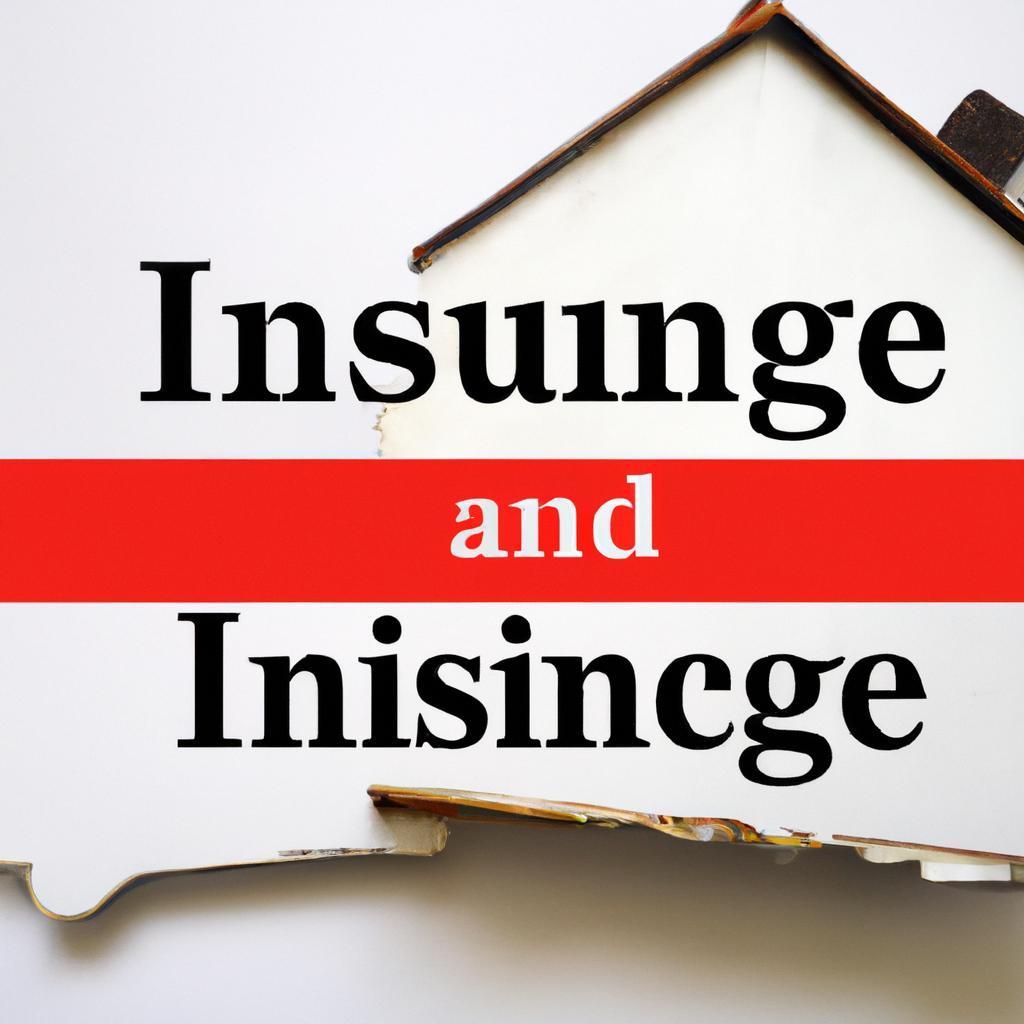
Understanding Home Insurance Coverage for Unoccupied Properties of Deceased Owners
When a homeowner passes away, their property may sit unoccupied for an extended period of time. It is crucial to understand the implications for home insurance coverage in such situations, as policies may vary depending on the circumstances. In most cases, standard homeowner’s insurance policies may not cover unoccupied properties of deceased owners, leaving the property vulnerable to potential risks.
- Policy Review: It is essential to review the home insurance policy of the deceased homeowner to determine coverage for unoccupied properties.
- Specialized Coverage: Consider obtaining specialized insurance coverage for unoccupied properties to protect against risks such as vandalism, theft, and damage.
- Legal Guidance: Consult with an experienced estate planning attorney to navigate the complexities of home insurance coverage for unoccupied properties of deceased owners.

Important Considerations When Dealing with Insurance Companies After the Homeowner’s Death
When dealing with insurance companies after the homeowner’s death, there are several important considerations to keep in mind. First and foremost, it is crucial to notify the insurance company of the homeowner’s passing as soon as possible. Failure to do so may result in delays or complications when filing a claim.
Additionally, it is essential to review the homeowner’s insurance policy to understand what coverage is still in effect after their death. Insurance companies may have specific requirements for maintaining coverage on an unoccupied house following the homeowner’s passing. It is important to carefully follow these guidelines to ensure that the property remains protected.

Recommendations for Protecting the Unoccupied Home and Ensuring Insurance Coverage
When dealing with the insurance coverage for an unoccupied house owner who has passed away, it is crucial to take certain precautions to protect the property and ensure that the coverage remains valid. Here are some key recommendations to consider:
- Notify the Insurance Company: It is important to inform the insurance company of the homeowner’s passing as soon as possible. This will allow them to update their records and provide guidance on how to proceed with coverage for the unoccupied property.
- Secure the Property: To prevent potential damage or theft, make sure to secure the unoccupied home by installing security systems, locking doors and windows, and possibly hiring a property management company for regular checks.
Additionally, it is advisable to consult with legal professionals specializing in estate planning and probate to ensure that all necessary steps are taken to protect the property and maintain insurance coverage during this transitional period.

Legal Implications and Potential Pitfalls for Unoccupied Homes Under Deceased Owners’ Insurance Policies
In the unfortunate event that a homeowner passes away, leaving behind an unoccupied house, there are important legal implications and potential pitfalls to be aware of regarding the insurance policy. One crucial consideration is whether the insurance policy will continue to provide coverage for the unoccupied home under the deceased owner’s name. In many cases, insurance companies may have specific clauses regarding unoccupied properties, which could impact coverage.
It is essential to carefully review the terms of the insurance policy to determine if there are any restrictions or limitations when the homeowner is deceased. Some insurance policies may require the property to be regularly checked or require additional security measures to be in place for coverage to remain valid. Failure to comply with these requirements could result in a denial of coverage in the event of a claim. Consulting with an experienced attorney who specializes in estate planning and property law can help navigate these complex legal issues and ensure that the unoccupied home is properly protected.
Q&A
Q: What happens to a home insurance policy when the owner of an unoccupied house passes away?
A: When the owner of an unoccupied house passes away, the home insurance policy may still be valid in certain circumstances.
Q: How long can an unoccupied house remain without a homeowner before the insurance policy is affected?
A: The amount of time an unoccupied house can remain without a homeowner before the insurance policy is affected varies depending on the insurance provider. It is important to check the specific terms and conditions of the policy.
Q: Can the beneficiaries of the deceased homeowner continue the existing home insurance policy?
A: The beneficiaries of the deceased homeowner may be able to continue the existing home insurance policy, but they will need to contact the insurance provider to discuss the details.
Q: Will the home insurance policy cover any damages or liabilities that occur after the homeowner’s death?
A: The home insurance policy may still cover damages or liabilities that occur after the homeowner’s death, but it is essential to confirm this with the insurance provider.
Q: Are there any additional steps that the beneficiaries of the deceased homeowner need to take regarding the home insurance policy?
A: The beneficiaries of the deceased homeowner may need to provide proof of ownership and update the policy information with the insurance provider. It is recommended to consult with a legal professional for guidance on the necessary steps.
Insights and Conclusions
While it may be a difficult topic to consider, ensuring that your unoccupied home is properly protected in the event of your passing is crucial. With the right insurance coverage in place, you can have peace of mind knowing that your property and assets will be safeguarded for your loved ones. By taking the time to explore your options and select a policy that meets your needs, you can help to alleviate the burden that may otherwise fall on your family during a challenging time. Remember, planning ahead is key to protecting your legacy and providing for those you care about most.

